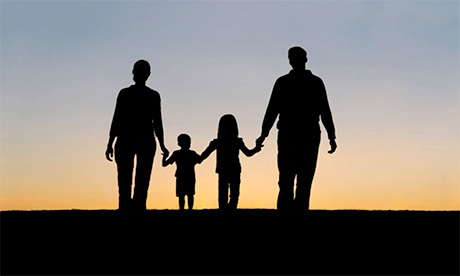Europe’s baby deficit is becoming impossible to ignore.
In Rome on Friday, Italy’s prime minister, Mario Draghi, and Pope Francis were the star attendees at a special conference to discuss the country’s declining birthrate.
According to the latest figures, 2020 saw the lowest number of births recorded since the Italian unification in 1861.
Spain is ageing at a similar pace, as is much of eastern Europe.
In Britain, it is the same story.
The Centre for Population Change recently predicted a post-pandemic decline in annual births, deepening a secular trend that has already taken the birthrate to “historically low levels”.
The social implications of these downward trajectories, exacerbated by Covid, are many and various.
Assuming current demographic trends continue, Eurostat has calculated that the number of European over-65s will have grown by over 40% by 2050.
Fewer people will be in work paying taxes when their pension and care bills arrive.
Against that backdrop, right-wing nationalist parties fantasising about a future without migrant labour may as well howl at the moon.
Immigration seems likely to continue to be a structural necessity in western democracies, as well as a source of innovation and renewal.
Europe’s ageing societies must make it easier for young people to start a family
But this is about more than the big picture.
For many young people, one of the most fundamental sources of human fulfilment – parenthood – is being delayed or forgone out of economic necessity.
Procreation should not be seen as a moral obligation, let alone as a patriotic duty.
Since the 1960s, with the rise of contraception, declining western birthrates have been partly a result of greater freedom for women to shape and control their own lives.
But starting a family should be a far easier option than it has become.
Even in Scandinavia, rightly held up as a model when it comes to parental leave and accessible childcare, alarm bells are ringing.
The Norwegian prime minister, Erna Solberg, has warned that one of Europe’s best-funded welfare states could only be socially and economically sustainable if people had more children.
In Sweden, the annual number of births has consistently fallen for over a decade, constituting a new and worrying trend according to the country’s leading demographers. Continue reading
Source
Additional readingNews category: Analysis and Comment.




